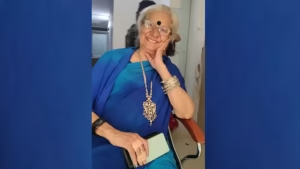Incarceration Dignity: Jute Startup’s Mission

Empowering Inmates: Jute Startup’s Unique Mission
Chaitali Das, inspired by her childhood observations of the plight of inmates, initiated the “Jute Story Beyond Bars” project in 2016. Through her Rakshak Foundation, dedicated to women’s empowerment and social causes, Das aimed to offer rehabilitation and livelihood opportunities to underprivileged women, especially inmates facing social stigma post-release.
Starting as a training project, “Jute Story Beyond Bars” evolved into a full-fledged startup by 2021. Das collaborated with the National Jute Board of India to provide a 45-day training program to inmates, teaching them jute-related skills.
Das faced skepticism from others who doubted the potential for change in inmates. Despite challenges, she persevered and expanded the project. In 2021, the startup received incubation support from the Indian Institution of Management Centre of Innovation Park, Government of India. An offline studio was established to showcase products crafted by the trained artisans.
The Start-Up produces a range of jute products, including handicrafts, rugs, clothes, and handbags. Das deliberately chose jute, aiming to revive the overlooked material and challenge its perception as outdated. The startup, having trained 2,000 inmates and 15,000 underprivileged women, has also reached international markets, selling products in countries like Canada and Switzerland.
The initiative has not only empowered individuals like Debashish Nath, a former inmate, to rebuild their lives but also aimed to change public perceptions surrounding offenders. Das believes that vocational training plays a transformative role in facilitating rehabilitation and altering societal views.
With a focus on addressing root causes like poverty and insufficient resources contributing to criminal activities, Das envisions her project as a step toward creating a more inclusive and supportive environment. Her dedication reflects a commitment to social causes and empowering those often marginalized by society.
Repurposed article originally published in Her Story









